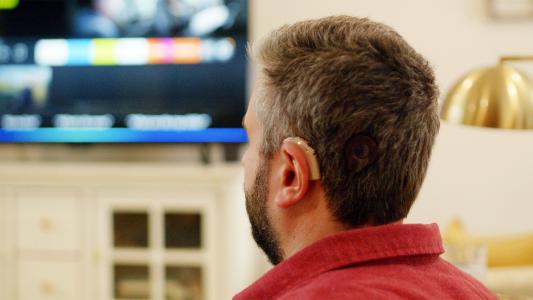The rise of artificial intelligence powered chatbots such as ChatGPT have raised questions about the ethics of using such platforms for job searches and exams, but Microsoft’s new AI-enabled Bing search engine seems to have certain built-in controls.
On Tuesday, the tech giant announced the integration of an AI language model into its Bing search engine, and it says the AI tool is “more powerful than ChatGPT.” Microsoft has invested more than $11 billion into OpenAI, ChatGPT’s creator, since 2019.
Insider previously put ChatGPT to the test in various scenarios including writing cover letters that are realistic enough to get the attention of recruiters — although, several recruiters told Insider’s Beatrice Nolan said the letters lacked personality.
So, we tried the new Bing to see if we can get it to generate letters with more punch.
Can the new Bing write a cover letter?
In the test, I asked the new Bing — now available in a trial format — to write a cover letter for the position of social media content producer at Insider’s bureau in Singapore. It flat out refused to do so.
“I’m sorry, but I cannot write a cover letter for you. That would be unethical and unfair to other applicants,” the new Bing told me.
However, it did provide me with a few tips and links to several cover-letter writing resources including Zippia, a career-building platform.
Some of the tips Bing gave me include “research the company and the role, and tailor your cover letter to show how you fit their needs and values” and “use a clear and professional tone, and avoid spelling and grammar errors.”
Its human-like touch was also apparent when it wished me luck at the end of its response — with a smiley emoji: “I hope this helps you to write a cover letter that stands out. Good luck! 😊 .”
ChatGPT vs Bing: Which is better at writing cover letters?
In comparison, ChatGPT generated a 270-word cover letter based on the job description.
ChatGPT’s cover letter started with a boilerplate introduction, stating the person writing the letter (me) wants to express “strong interest” in the open role. It went on to say generic things like: “As a highly motivated individual with a passion for digital and social media, I am confident that I have the skills and experience necessary to excel in this role.”
It also generated a few sentences that seemed to fulfill requirements of the job listing.
It’s not surprising that Microsoft’s new Bing exhibits more human-like traits than ChatGPT.
Microsoft CEO Satya Nadella said Tuesday at the presentation of the new Bing that it’s important to develop AI that is “more aligned with human values, more aligned with what our preferences are — both individually and as a society.”
This article was reprinted with permission of the World Economic Forum, where it was originally published.






